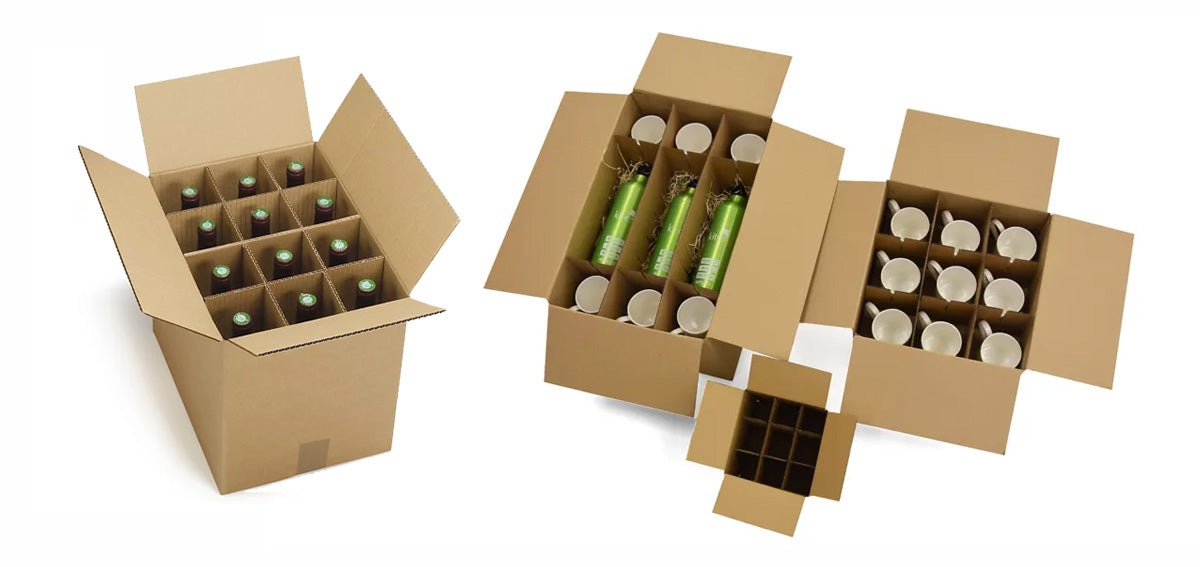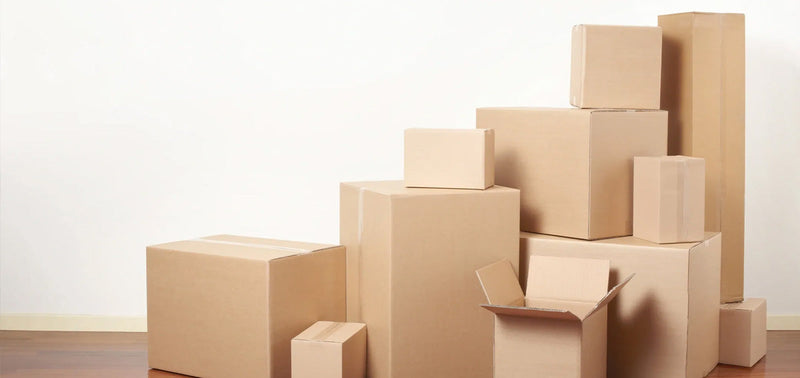How to Design Beautiful & Functional Cardboard Boxes with Dividers – A Guide for Food Businesses UK
October 14, 2025

In the food and takeaway industry, packaging is more than just utility—it’s a part of your brand story. When done right, a box with dividers doesn’t just protect your product; it elevates the unboxing experience. At Custom Supplies UK, we specialize in creating custom food packaging that balances functionality and aesthetics. This guide will walk you through how to design cardboard boxes with dividers that are both beautiful and practical.
Why Adding Dividers Matters
Here’s what dividers bring to the table when you’re packaging food:
-
Organisation & Separation: If your box holds multiple food items (e.g., sauces, sides, delicacies), dividers keep them from touching or getting mixed.
-
Protection of Fragile Items: Helps prevent breakage of delicate things like pastries, dipped items, glass jars or dessert slices.
-
Better Shipping & Handling Safety: Dividers increase structural integrity; reduce damage in transit.
-
Enhanced Presentation: Dividers create neat compartments that look professional and tidy. They improve first impressions.
-
Multi-use & Repurposed Value: A well-designed divider can allow your box to be reused or repurposed (e.g. storage) which appeals to eco-conscious customers.
Types of Dividers You Can Use
Depending on your product, budget, and design preferences, these are common types of dividers:
|
Divider Type |
Best For |
Pros |
Things to Consider |
|
Cardboard Dividers (solid board) |
sturdy separation, heavier items, premium packaging |
durable, solid feel; supports structure |
adds bulk, more material weight |
|
Paperboard Dividers |
lightweight items; simpler separation |
lighter, cheaper; better for small orders |
less strength; less protection against moisture or heavy loads |
|
Corrugated Dividers |
long shipping, heavy items, need rigidity |
very strong, absorbs shocks; good durability |
thicker material, more space taken; cost higher |
|
Fixed Dividers |
no need to remove; permanent separation |
stable; less fiddly; less chance of shifting inside box |
less flexible; might waste space when divider not needed |
|
Detachable or Modular Dividers |
variable contents or multi-use boxes |
flexibility; you can adjust compartments; fewer wasted sections |
added design complexity; possibly higher costs; risk of divider shifting unless well-fixed |
Designing Dividers: Key Steps & Tips
-
Measure Your Items Carefully
-
Measure each food item’s length, width, height (including packaging or liners).
-
Add tolerance so lids close properly and nothing gets squashed.
-
Decide Divider Layout
-
How many sections do you need? Equal size or varying?
-
Fixed vs detachable—depends if you want reusable flexibility.
-
Choose Material
-
For food items, material must be food-safe (grease-proof, moisture resistant if needed).
-
If eco is important to your brand, opt for kraft board or recycled corrugated board.
-
Add Supports / Reinforcement
-
Flaps or slots to lock divider parts together.
-
Edge reinforcement so dividers don’t move in transit.
-
Design for Look & Branding
-
Print or emboss branding on dividers if visible.
-
Consider color contrast: interior dividers vs exterior box.
-
Use windows (if design allows) to show off contents separated by dividers.
-
Prototype & Test
-
Create sample boxes with dividers filled with actual items.
-
Test shipping / stacking. Check how it arrives.
-
Test closure, handling, customer opening experience.
Use Cases in Food Packaging
Here are some examples from our experience where dividers make a difference:
-
Boxes for mixed dessert assortments (macarons, slices, etc.) so flavours don’t mix.
-
Takeaway boxes combining main course + sides + sauce compartments.
-
Sample / tasting boxes — small portions of different flavours in one box.
-
Gift hampers / bakery boxes with fragile baked goods.
Environmental & Cost Considerations
-
Dividers mean more material. So pick materials that are recyclable or compostable.
-
Design to use minimal material: optimize divider thickness, avoid over-sized compartments.
-
Consider detachable dividers which allow reuse.
-
Balance between protection offered and shipping cost (weight + volume).
How Custom Supplies UK Helps You Design Divider Boxes
-
We offer custom divider designs for many of our standard box styles (pizza, dessert, pastry, gift boxes etc.).
-
Our design team can produce mock-ups / prototypes so you can test fit before full production.
-
We help select materials that match your food types (grease sensitive, moisture, heat retention).
-
Printing & finishing options for both the box and divider: branding, coatings, color matching etc.
Final Thoughts
Dividers are a smart way to upgrade your packaging. They protect, organise, structure, and show you care — all while enhancing your brand image. For food businesses, especially those delivering mixed orders or fragile items, they’re often the difference between a mediocre delivery and an outstanding one.
👉 Ready to create beautiful & functional box designs with dividers? Contact Custom Supplies UK today. Let’s work together to build packaging that looks great and works even better.


